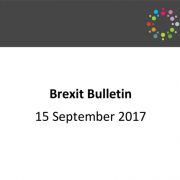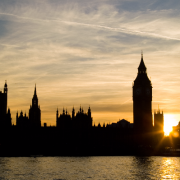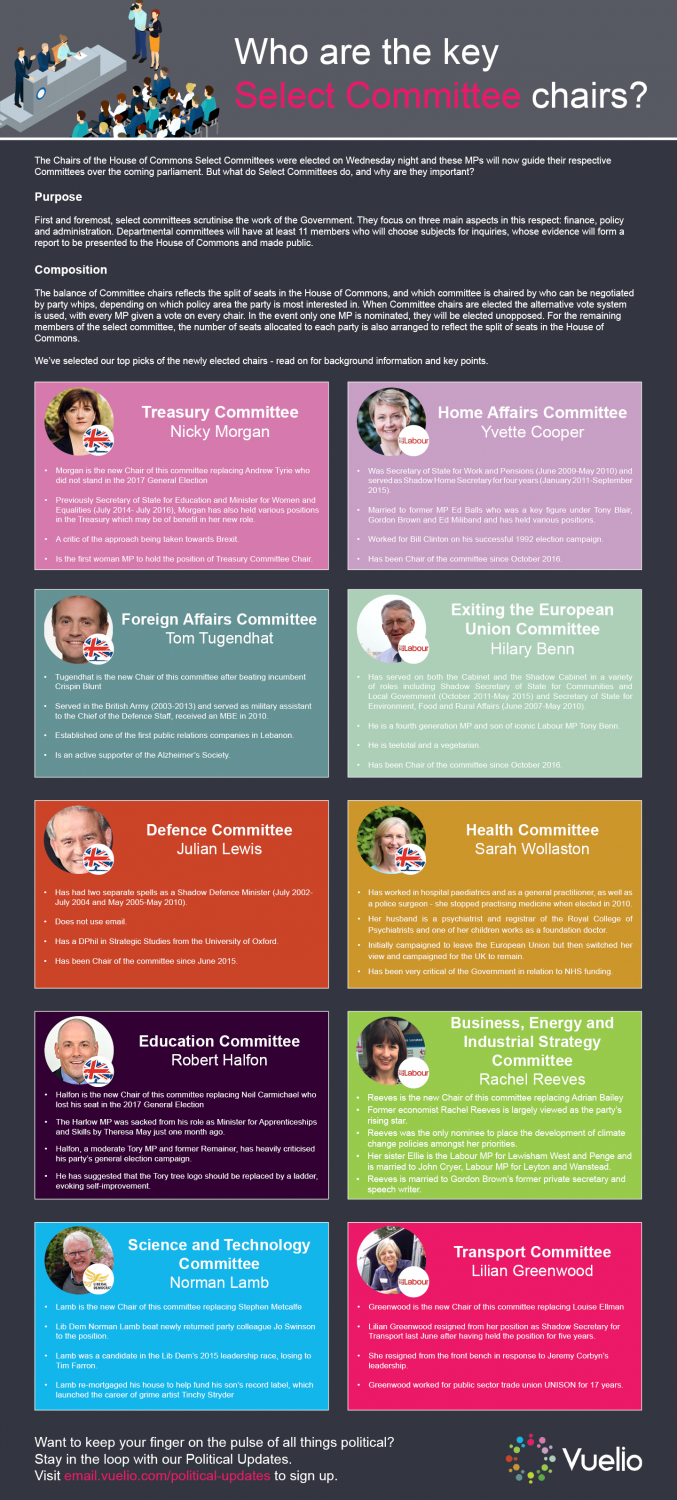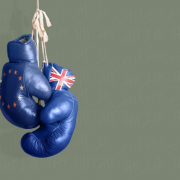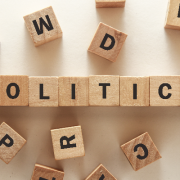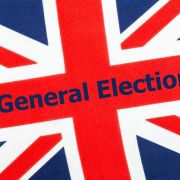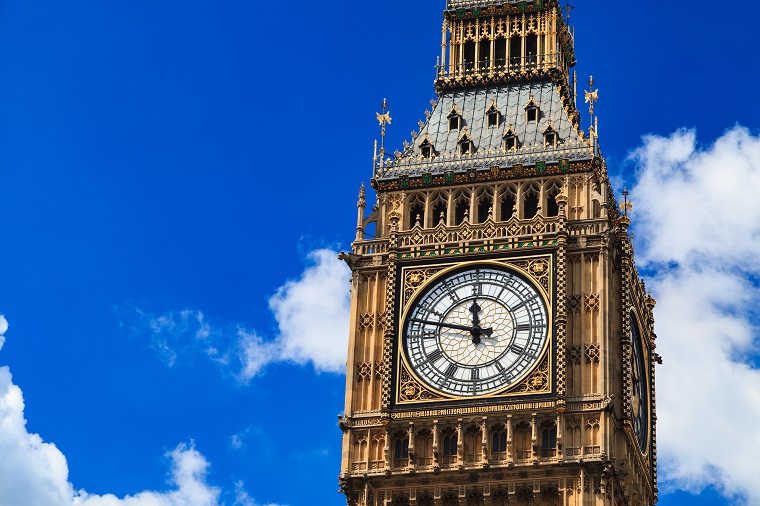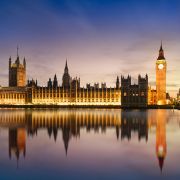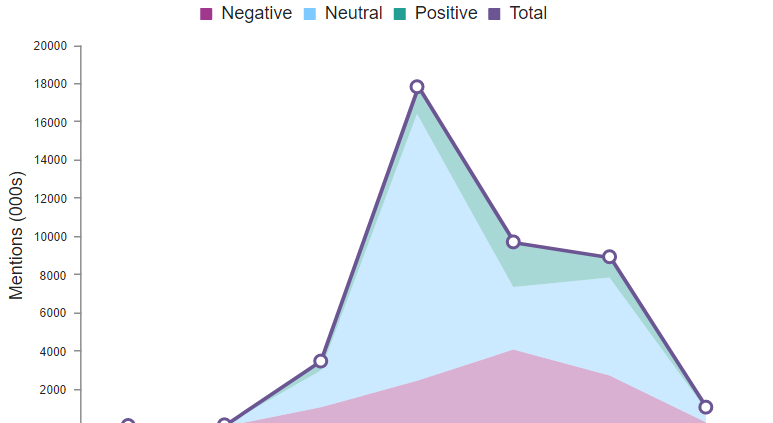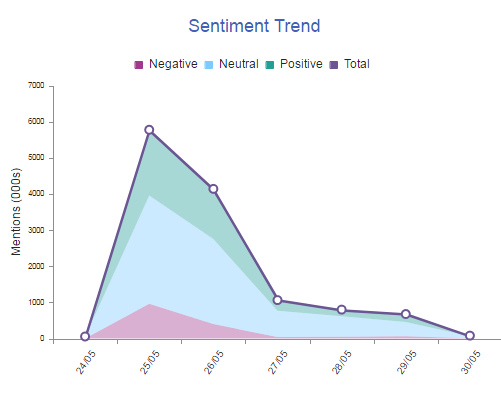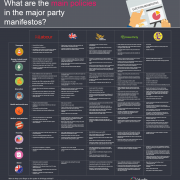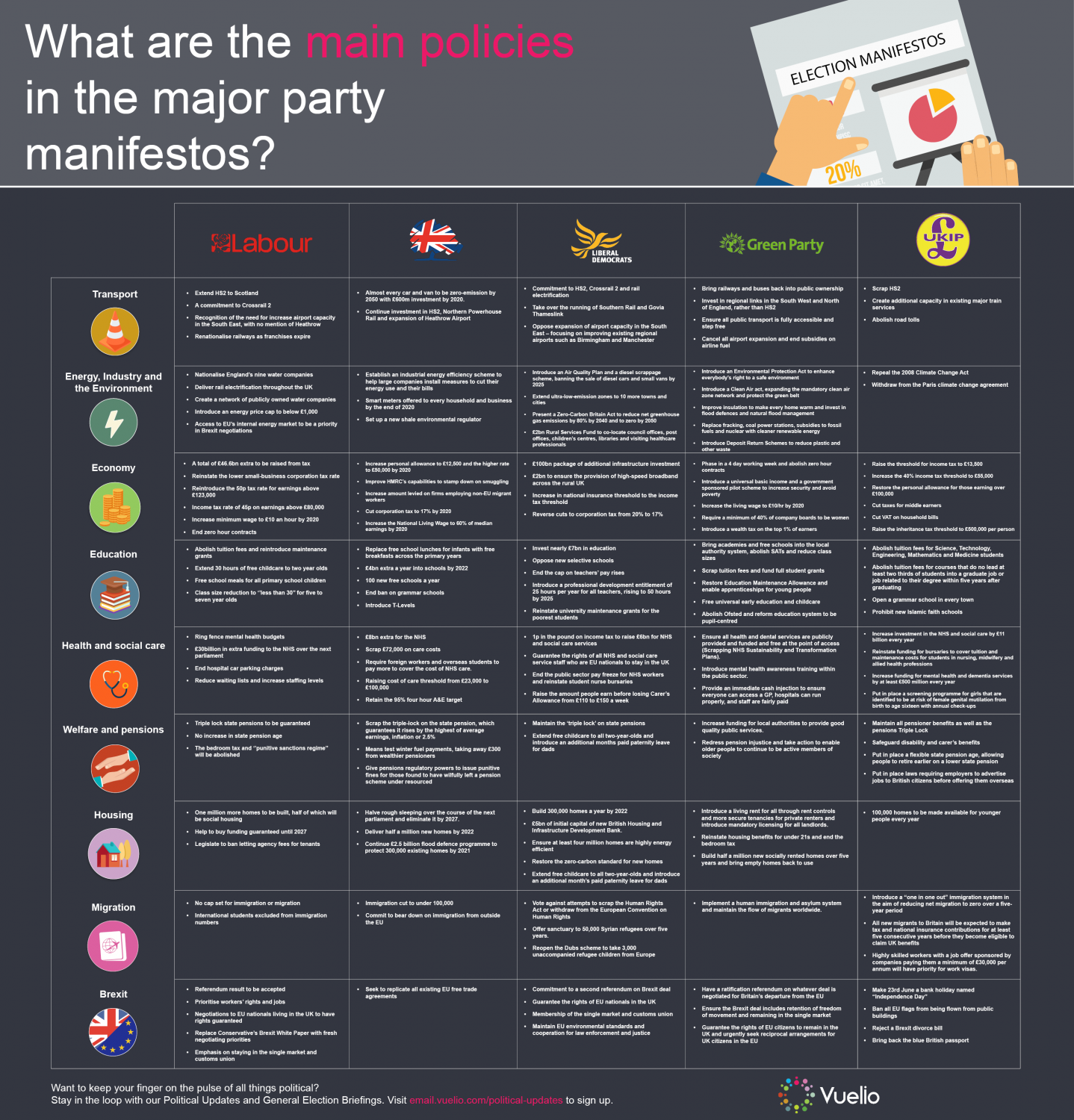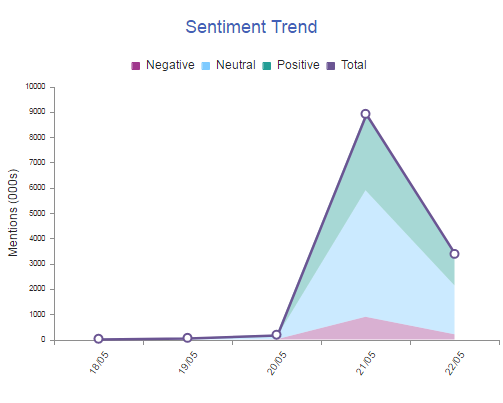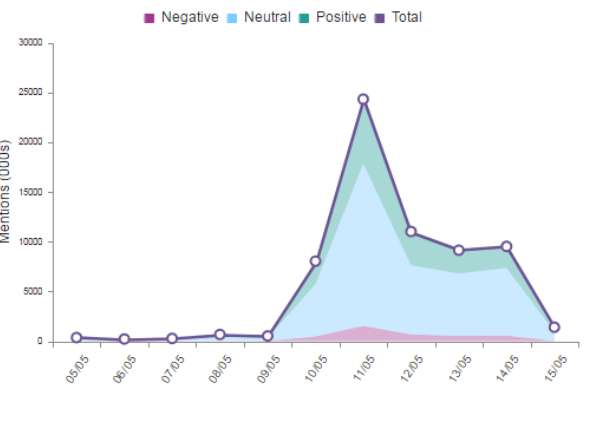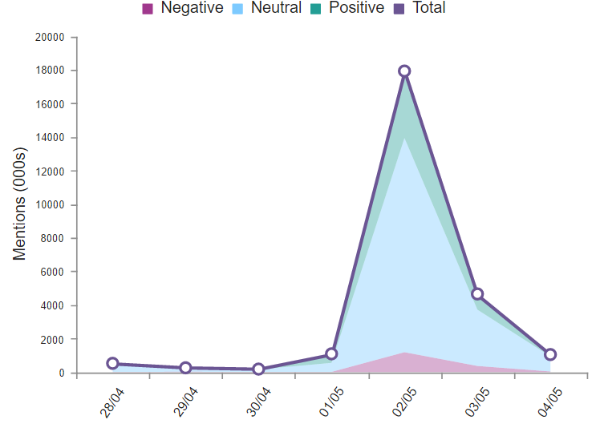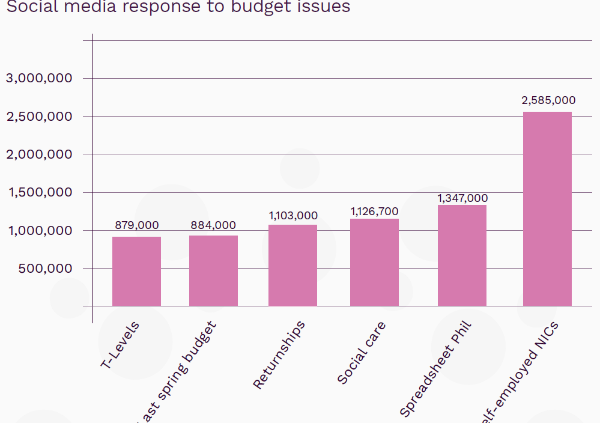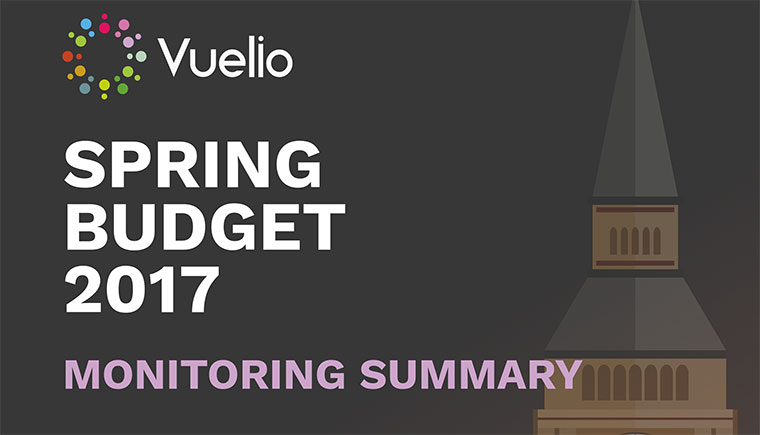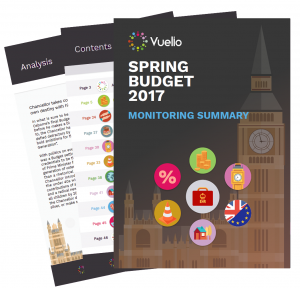Brexit Bulletin Breakdown
The latest Brexit Bulletin from Vuelio covers all the recent updates from the Brexit process – sign up to receive the fortnightly political update here.
The week’s bulletin includes a detailed analysis of the following key events:
- David Davis has updated Parliament on the third round of talks after Parliament returned from its summer recess
- The European Union (Withdrawal Bill) second reading was voted through Parliament with 157 amendments
- Lords Constitution Committee has published an interim report on the European Withdrawal Bill
- Former Prime Minister Tony Blair intervened in the debate around Brexit pointing towards a way in which the UK can stay in the single market and control immigration
- The Home Office has faced an embarrassing leak of its post-Brexit immigration policy
- The Government published two position papers – one on science and technology, and the other on foreign policy and defence
The Brexit Bulletin also includes a detailed timeline of future events, the immediate activities around Brexit that are most likely to shape the conversation and a comprehensive stakeholder digest with all the Brexit-related news.
Vuelio’s Brexit Bulletin is a one-stop-shop for keeping on top of everything Brexit. Don’t waste time during Brexit – stay in the know with everything that’s important to you.
The Vuelio Political Team will also be reporting from the major party conferences – find out more here.

